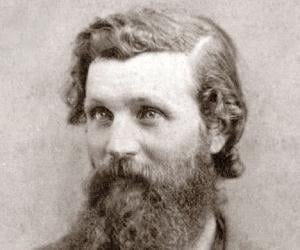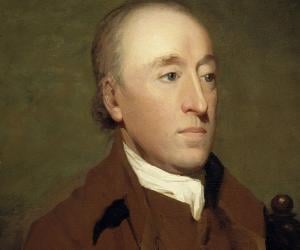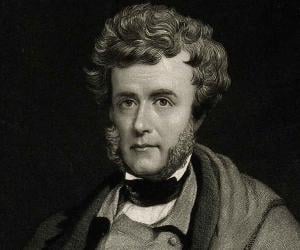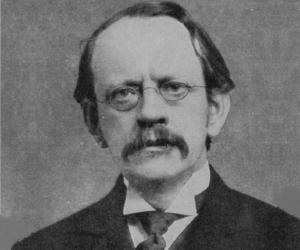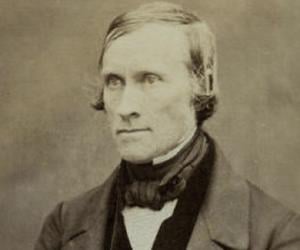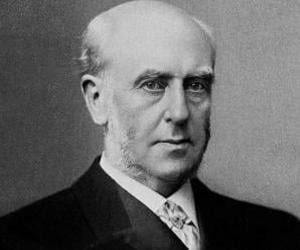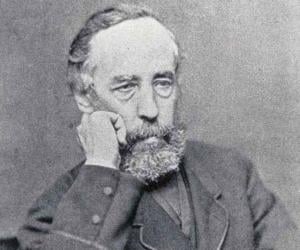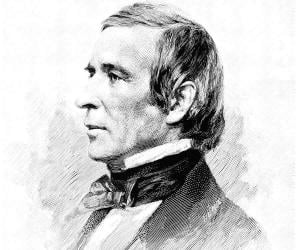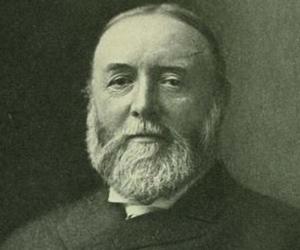1
John Muir
(Naturalist)
Birthdate: April 21, 1838
Sun Sign: Taurus
Birthplace: Dunbar
Died: December 24, 1914
John Muir was a Scottish-born American naturalist, author, environmental philosopher, botanist, zoologist, glaciologist, and wilderness preservation advocate. His writings and activism played a significant role in preserving iconic natural areas like Yosemite Valley and Sequoia National Park. Co-founding the Sierra Club, he dedicated his later life to conservation efforts and was instrumental in the establishment of Yosemite National Park. Muir's spiritual connection to nature and advocacy for wilderness preservation have left a lasting legacy, influencing environmental thought and action to this day.
